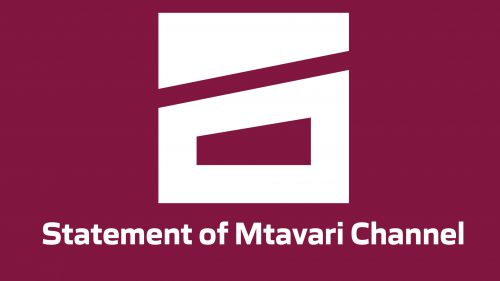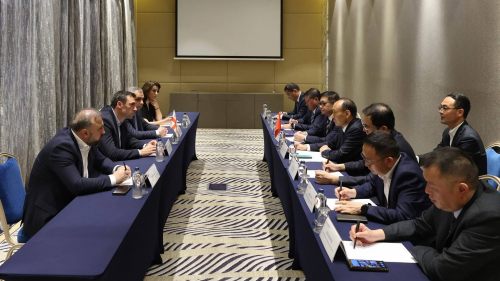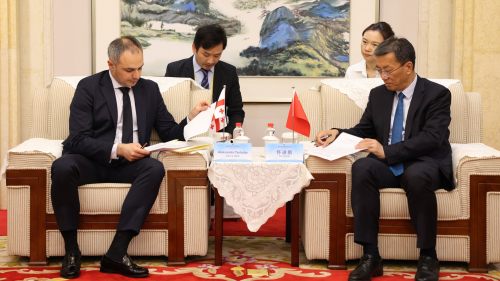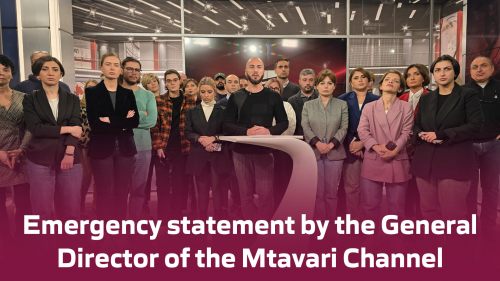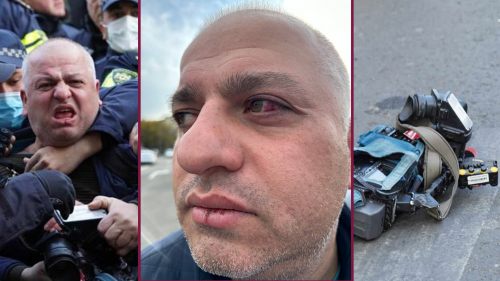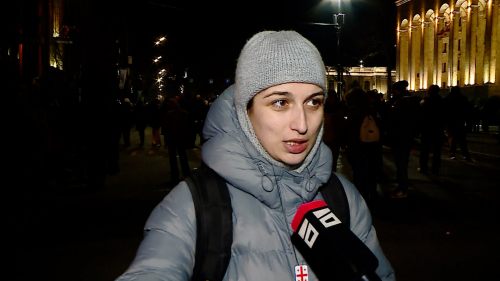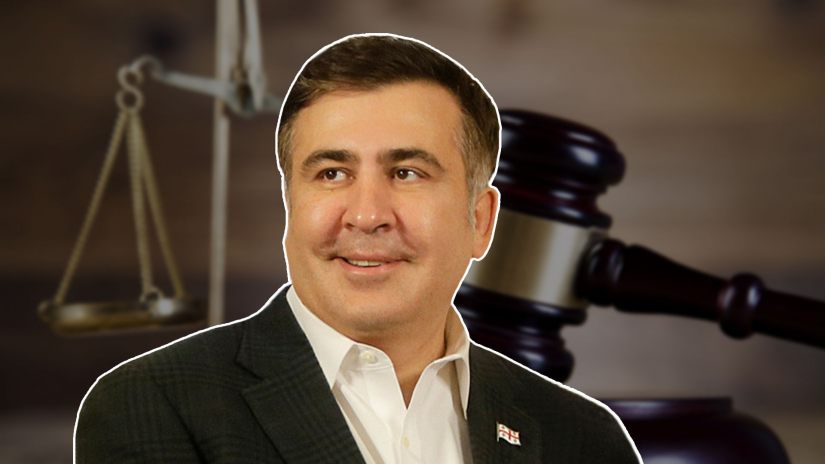
The Human Rights Center has published analytical documents on several active criminal cases against the third president of Georgia, Mikheil Saakashvili.
The non-governmental organization writes that the criminal proceedings against Mikheil Saakashvili have been purposefully delayed, which contradicts the principle of the rule of law.
In the ongoing criminal cases against ex-president Mikheil Saakashvili and others, which have been pending for almost seven years, the delay in court hearings has been a problem for years, damaging the reputation of the court systems, the efficiency of the judiciary, and public confidence in him. Delays in the substantive review of ongoing criminal cases against it contribute to the delay of the trial and have a potentially negative impact on the right to a speedy justice" the document reads.
The Human Rights Center also notes that the effective management of litigation is entirely the responsibility of the court. They say the court often neglects the application of the provisions, which hinders the management of the process.
"Effective management of the trial, which is related to the right of the accused to be tried within a reasonable time, is entirely a matter for the court. It is the discretion of the parties to decide the order and volume of evidence as set forth in the Code of Criminal Procedure. As court monitoring and other criminal case studies show, the court often disregards the application of existing provisions, which impedes the proper conduct of the trial, and judges are unable to control the schedule and disregard the defendant's right to a fair trial; A more favorable schedule for the defense, hence the mismanagement of the process has led to delays, which negatively affects the defendants' reasonable time "The right to justice," HRC wrote.
The Human Rights Center also publishes recommendations:
- The court must thoroughly assess the consequences of the decision to delay or reschedule the trial on the right of the accused to a trial within a reasonable time;
- The court should examine in depth the motions of the prosecution or the defense requesting the adjournment or rescheduling of the proceedings and, in the absence of appropriate justification and necessary necessity, they should not be granted;
- Courts must satisfy substantiated requests for protection by giving them adequate time only when it affects the right of the accused to be tried within a reasonable time, which may be restricted for that particular purpose.
- Courts should be provided with the technical means and effective programs necessary for electronic litigation.



